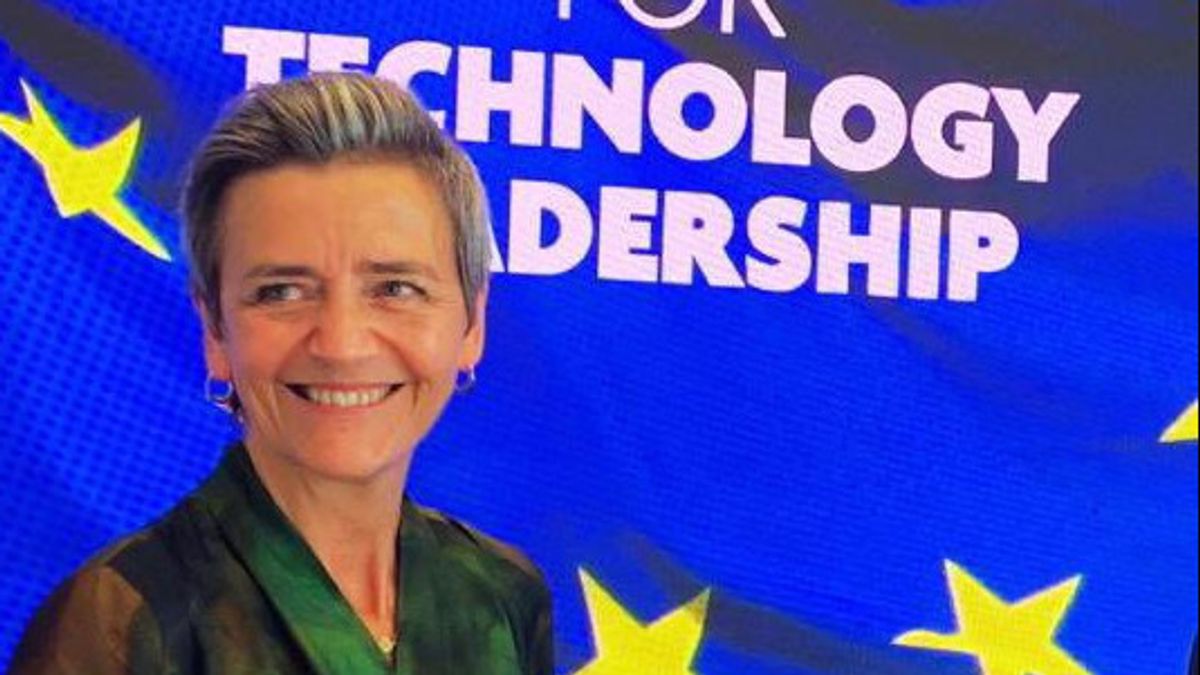The European Union is likely to reach a political agreement this year that will pave the way for the world's first major artificial intelligence (AI) law. This was said by the head of the block's technology regulation, Margrethe Vestager, on Sunday, April 30.
This follows the initial agreement reached on Thursday 27 April by members of the European Parliament to push a draft of the European Union's Artificial Intelligence Act to a vote by a parliamentary committee on 11 May. Parliament will then discuss the final details of the law with EU member states and the European Commission before becoming law.
At a press conference following a meeting of the digital minister of the Group of Seven in Takasaki, Japan, Vestager said that the European Union's AI Act was "pro-novation" as it sought to reduce the risk of social damage from emerging technologies.
Regulators around the world have tried to find a balance where governments can develop "guardrails" on artificial intelligence technologies that emerge without curbing innovation.
"The reason why we have guardrails for high-risk use cases is cleaning... after abuse by AI will be much more expensive and detrimental than the case of using AI itself," Vestager said.
While the European Union's AI Act is expected to be passed this year, lawyers have said it will take several years to enforce. However, Vestager said businesses could begin to consider the implications of the new regulations.
"There is no reason to hesitate and wait for the law to be passed to speed up the discussions needed to provide changes in all systems where AI will have a major influence," he said in the interview.
While research on AI has been done for years, the sudden popularity of generative AI applications such as ChatGPT from OepnaI and Midjourney has led to the pursuit of policymakers to find ways to regulate uncontrolled growth.
また読む:
The organization supported by Elon Musk and European policymakers involved in the preparation of the European Union's AI Act is among those who have called world leaders to collaborate in finding ways to stop advanced AI from creating interference.
The digital minister of seven G7 developed countries on Sunday also agreed to adopt "risk-based" regulations on AI, among the first steps that could lead to a global deal on how to regulate AI.
"Now when everyone has an AI at their finger... there is a need for us to show political leadership to ensure that one can safely use AI and obtain all the extraordinary possibilities of increased productivity and better service," Vestager said.
The English, Chinese, Japanese, Arabic, and French versions are automatically generated by the AI. So there may still be inaccuracies in translating, please always see Indonesian as our main language. (system supported by DigitalSiber.id)


















